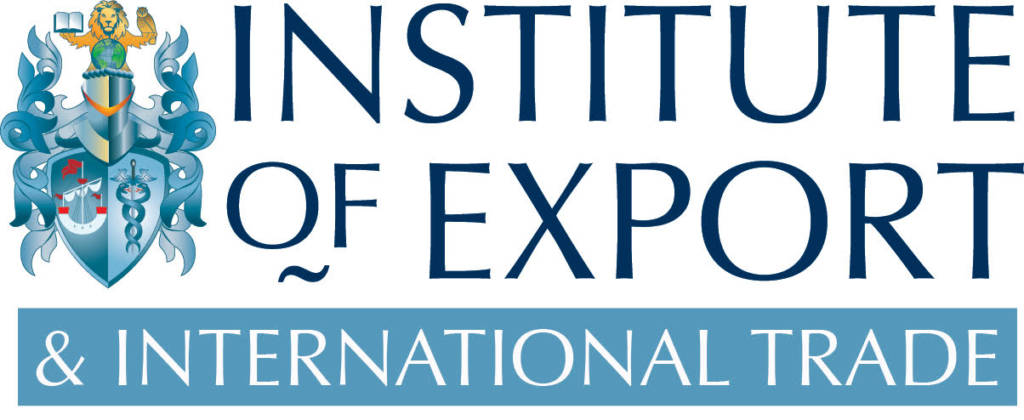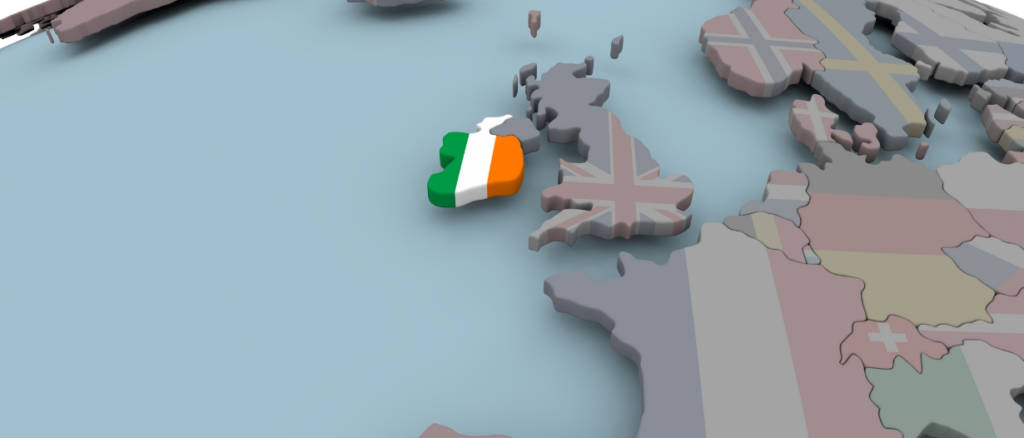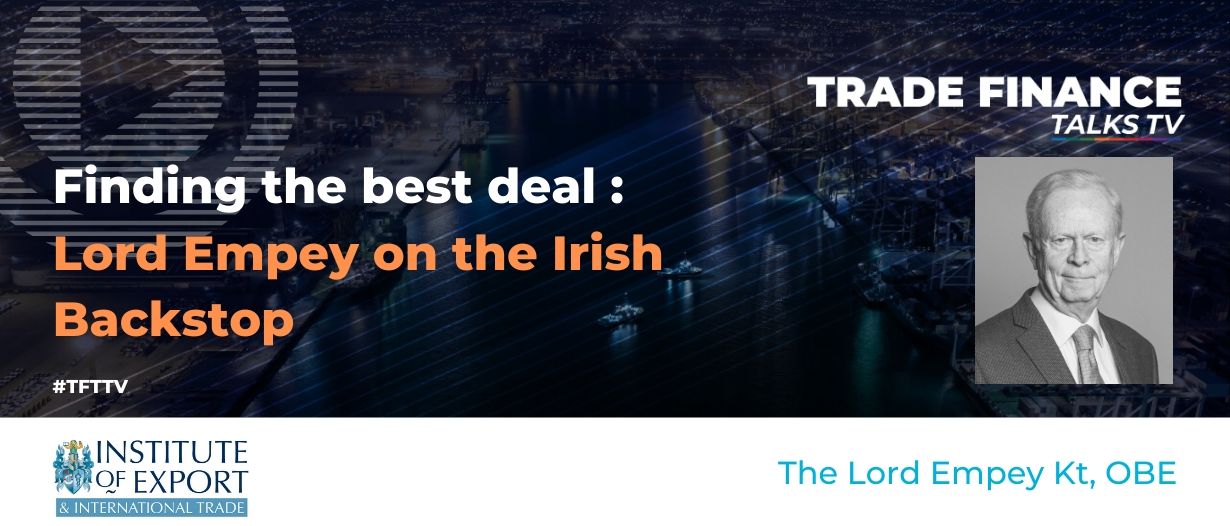TFG spoke to Lord Empey about the Irish Backstop and the latest developments around the Brexit negotiations at the Institute of Export’s World Trade Summit last week. Northern Ireland and the UK have a long and complicated relationship. Following turbulent clashes between the Nationalist and Unionist groups in the latter half of the 20th century, the Good Friday Agreement was signed in April of 1998. Among its many provisions, the agreement ensured free movement of people and goods across the UK’s only land border. This could be under threat as a result of the backstop and latest Brexit agreements.
Featuring: The Lord Empey Kt, OBE
Host: Deepesh Patel, Editor, Trade Finance Global

Thank you very much for joining us on Trade Finance Talks TV. So if you could introduce yourself, who are you? Where are you from? And what do you do?
I am Reg Empey. I’m a member of the House of Lords. I come from Northern Ireland and I’m a former Trade Minister in Belfast.
So you’re a former UUP leader, you question DUP support for Boris’s new Brexit proposals. Why so?
Well, first of all, on the second of October, the Prime Minister produced the first iteration of his new agreement. And in fact, the DUP supported that, and that agreement contained a border in the Irish Sea, but it was a regular free border, and it made it clear that Northern Ireland would remain in the single market. Now, once you accept the border, the Irish Sea, it was inevitable. And some of us pointed this out that there’d be a customs dimension to that. So the Prime Minister then produced the proposal that has nine feet in front of us for a customs border, which practice and practice mean that allows the United Kingdom, as a whole is one customs territory. In practice, the UK has decided that in Northern Ireland, the EU customs regime will apply. So while we’re legally within the UK customs territory, from a day to day practical purpose, we’re in an EU customs territory.
Great. And this is different Theresa May’s deal?
This is radically different to Theresa May’s deal, which ensured that the entire United Kingdom was in both the same regulatory and the same customs territory and operating the same customs rules. So there was no division between Northern Ireland and the rest of the United Kingdom.
And what does the current Brexit actually mean for Northern Ireland? And what should businesses gauge from this?

Well, I think it was obvious from the appearance of the Brexit Secretary before a House of Lords committee on Monday, the 21st of October, that even he perhaps hadn’t grasped the fact that because we’re operating in the EU customs regime and Northern Ireland, companies sending goods to Great Britain, which is where most of our business goes over 60% of it are going to have to declare that to the authorities. We already knew that goods going in the opposite direction. Definitely have to do that. Because you would then have to have this complicated process, that if you’re sending goods, Great Britain to Northern Ireland, if some of those products have the potential to go on into the Irish Republic, either in whole or as part of other manufacturers, then tariffs might be applicable, but certainly declarations will have to be made, and they that could be subject to checks.
Great. So you said in a recent interview, ‘I believe that there’s a Northern Ireland who voted to leave the never imagine that goods coming from Scotland, England and Wales would have to be checked before they came into Northern Ireland. They never foresaw and were promised no border in the Irish Sea.’ Please can you explain this?
Well, basically, during the referendum on a deed subsequently right up until two weeks ago, the idea of having a border in the Irish Sea was completely a non-issue. Prime Minister May, made it clear in 2017, that she had six tests that she had applied. On one of those was clear that there would be no differentiation in regime between any parts of the United Kingdom. There’d be no, the free and unfettered access to the Great Britain market from Northern on that was one of the principal building blocks of her negotiations with Brussels. Now that’s gone. And in fact, what shocked people in the last couple of weeks was the idea that, in fact, as the Brexit Secretary had to correct himself, goods going west to east are now going to have to be notified. So that is a completely new dimension. to anything that people contemplated three years ago.
And what are your recommendations on the Brexit deal as it currently stands?
Well, the one that’s it is currently in Parliament. I can’t support it. My party can’t support it. We feared and warned people who indicated they had great influence, that this is the direction that they were they taking us they would listen, but that’s politics. And I think the irony of all of this is that Prime Minister May’s deal was bad and all was it was is better for Northern Ireland, the one that’s on the table at the moment. So I mean, who could have made that up?
Lord Empey, thank you very much for joining us on Trade Finance Talks TV.



























